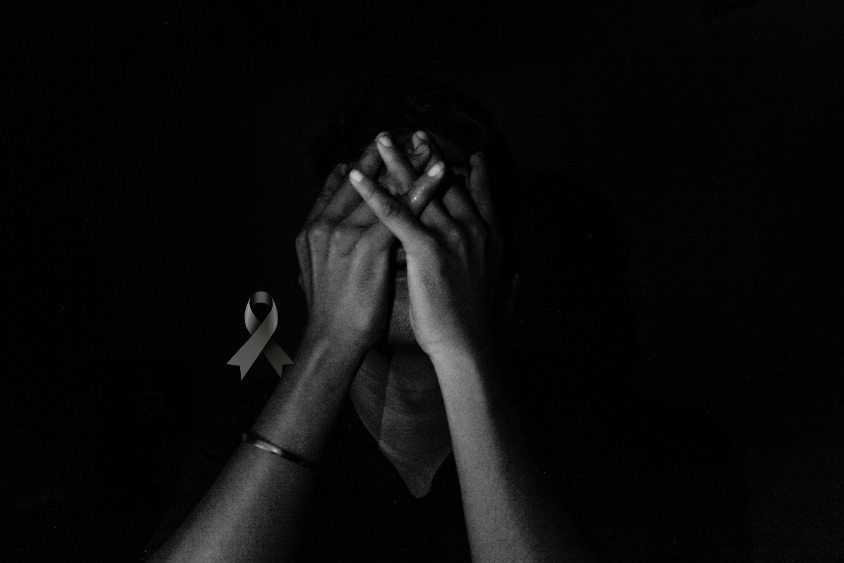- What is rosacea and how to recognize it? - February 3, 2026
- Impetigo: what it is and when to seek medical advice - February 2, 2026
- Bactrim in Spain: what is its equivalent in pharmacies? - February 1, 2026
Single or divorced people are 861% more likely to experience depressive symptoms than married people. This is according to a study of more than 100,000 people in seven countries. The relationship between marital status and mental health stands out as a key topic in public health research, highlighting its impact on psychological well-being.
The impact of marital status on mental health
The relationship between marital status and mental health is an important topic in public health research. Single, widowed, or divorced individuals have a higher risk of developing depressive symptoms compared to married individuals.
A recent study published in Nature Human Behaviour entitled Association and causal mediation between marital status and depression in seven countries (Zhai, X., Tong, HHY, Lam, CK et al., 2024) supports this hypothesis after analyzing data from more than 106,000 people from countries such as the United States, the United Kingdom, Mexico, Ireland, Korea, China and Indonesia (Nat Hum Behav, 2024).
Cultural differences in depressive symptoms
This analysis, representing over 541 million adults, found that the risk of depressive symptoms is significantly higher among single people compared to married people. However, this risk is not uniform across all countries or population groups. Overall, the study reports that:
- The risk is higher in Western countries than in Eastern countries (people from Western countries would have around a 36% higher risk of depression compared to those from Eastern countries).
- Men show a slightly higher risk than women (25% higher on average).
- People with a higher level of education are also at higher risk than those with less education (34% higher risk).
Marital status and mental health: Key risk factors
Furthermore, alcohol and tobacco use were identified as factors that increase the risk of depression in widowed, divorced, or single individuals in countries such as China, Korea, and Mexico. In the case of China and Mexico, smoking was a significant factor in the relationship between being single and depression.
Recommendations to mitigate the risks of depression
According to the researchers, this relationship between marital status and mental health is complex and conditioned by cultural and sociodemographic factors, suggesting that efforts to mitigate the risk of depression in unmarried people should be tailored to the specific contexts of each population.
They also emphasize the importance of prevention programs focused on reducing alcohol and tobacco consumption in these risk groups.





